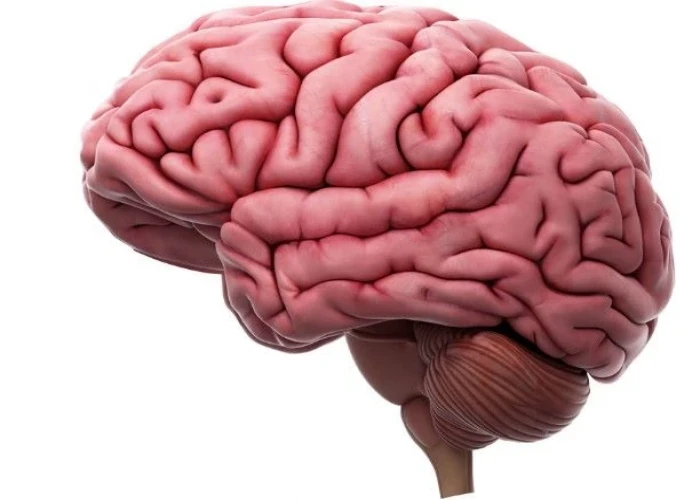 Welcome
Welcome
“May all be happy, may all be healed, may all be at peace and may no one ever suffer."
Posterior cortical atrophy
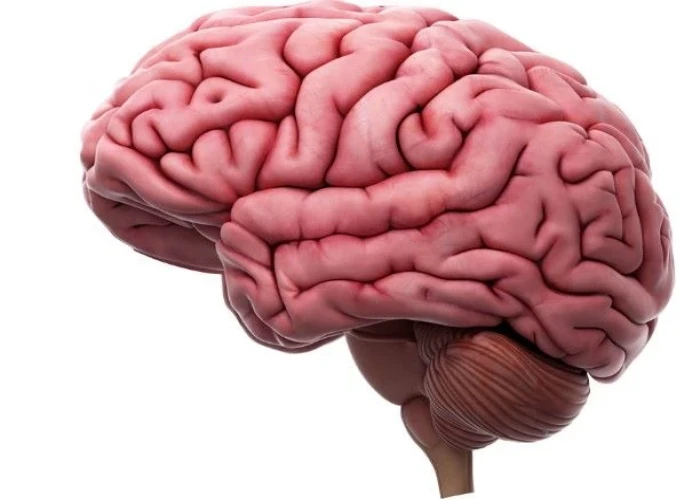
Posterior cortical atrophy (PCA) is a rare neurodegenerative disorder that primarily affects the posterior regions of the brain, particularly the occipital and parietal lobes. PCA is also known as Benson's syndrome, and it is a variant of Alzheimer's disease.
PCA typically affects people in their 50s or 60s, and it is characterized by a gradual and progressive decline in visual processing and spatial awareness, as well as difficulty with reading, writing, and recognizing objects and faces. Other symptoms may include memory loss, language difficulties, and behavioral changes.
Diagnosis of PCA may involve imaging tests such as MRI or PET scans to assess the brain's structure and function, as well as neuropsychological testing to evaluate cognitive function and behavior.
There is currently no cure for PCA, and treatment is focused on managing symptoms and improving quality of life. This may include occupational and speech therapy, assistive devices for vision and communication, and medication to manage symptoms such as depression and anxiety.
PCA can have a significant impact on a person's ability to function independently, and it is important to seek medical attention if symptoms are present. A team of healthcare professionals, including neurologists, neuropsychologists, and occupational therapists, can provide support and help manage the condition.
Research Papers
Disease Signs and Symptoms
- Difficulty doing math problems
- Reading, writing, spelling or math problems
- Confusion (Hallucinations)
- Anxiety
Disease Causes
Posterior cortical atrophy
Experts don't understand what causes posterior cortical atrophy. Possible causes include Alzheimer's disease and Lewy body dementia. There are no identified genetic mutations found to cause the condition.
Disease Prevents
Disease Treatments
There are no treatments to cure or slow the progression of posterior cortical atrophy. While some research suggests that drugs commonly used to slow the progression of Alzheimer's disease may help manage symptoms of posterior cortical atrophy, this hasn't been proved and more research is needed.
Some therapies and medications can help you manage your condition. Treatment options to help manage symptoms of posterior cortical atrophy may include:
- Medications. Your doctor may give you medications to treat symptoms, such as depression or anxiety.
- Physical, occupational or cognitive therapy. These therapies may help you regain or retain skills that are affected by posterior cortical atrophy.
Disease Diagnoses
Disease Allopathic Generics
Disease Ayurvedic Generics
Disease Homeopathic Generics
Disease yoga
Posterior cortical atrophy and Learn More about Diseases

Sun allergy
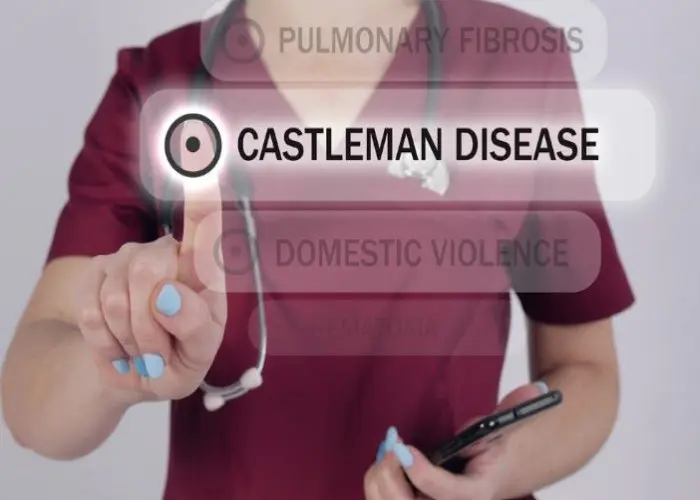
Castleman disease
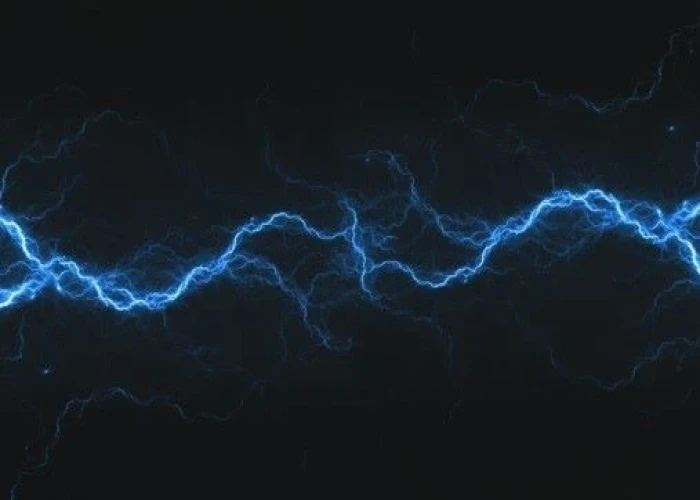
Night Discharge
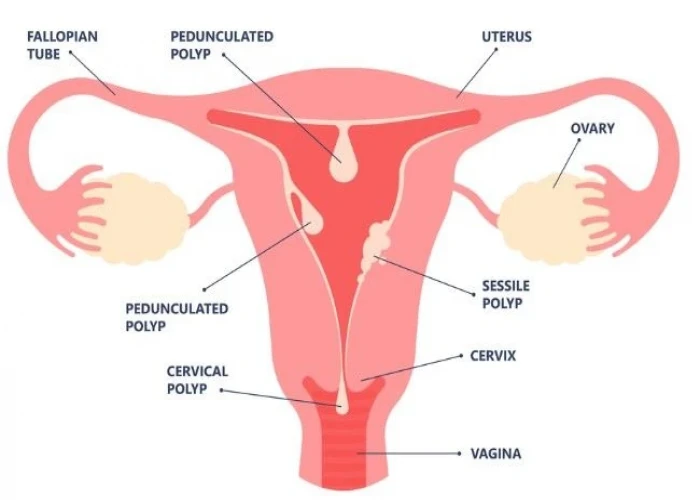
Menorrhagia (Heavy menstrual bleeding)

Hemolytic uremic syndrome (HUS)

Jet lag disorder

Indigestive Diarrhoea
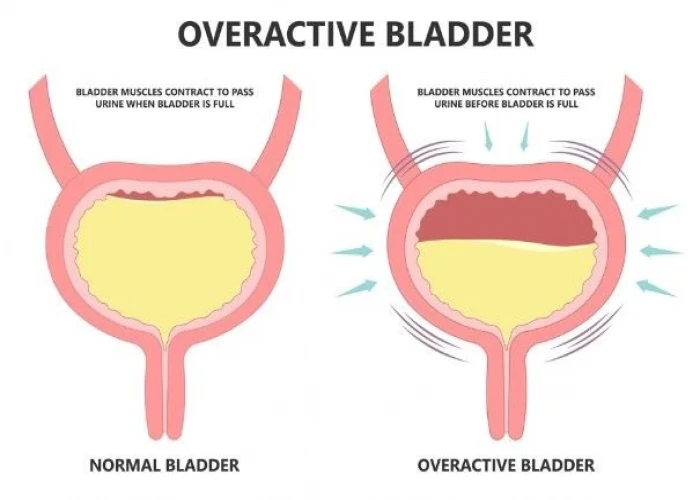
Overactive bladder
Posterior cortical atrophy, পোস্টেরিয়র কর্টিকাল অ্যাথ্রফি
To be happy, beautiful, healthy, wealthy, hale and long-lived stay with DM3S.
